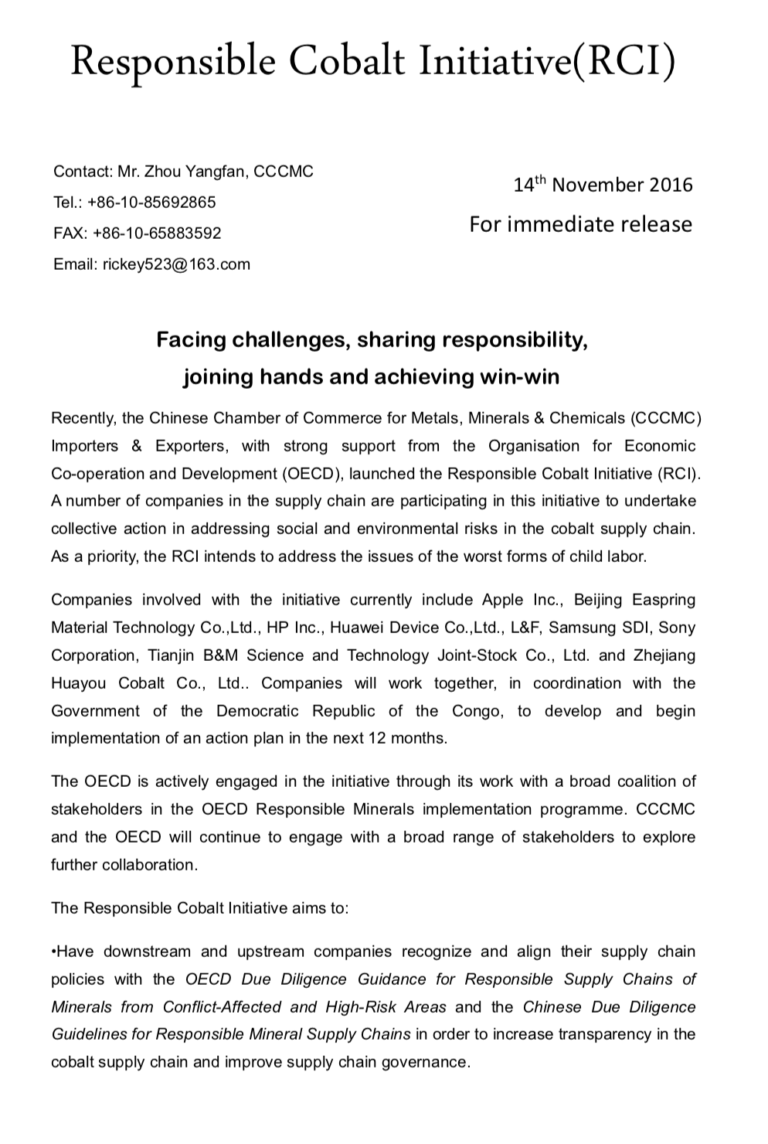Women in the workplace: FLEX’s five-point plan to combat exploitation
GuidanceGood PracticesSUMMARY The aim of this guide is to help labour market enforcement agencies to build a gender-sensitive approach to tackling labour exploitation. It outlines the specific problems faced by women workers in high-risk feminised labour sectors such ...Read More

